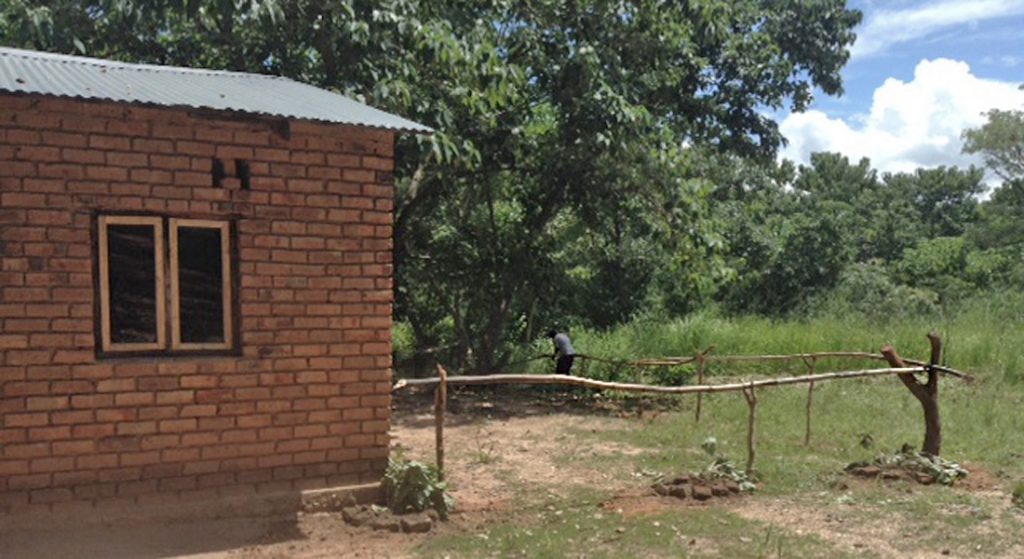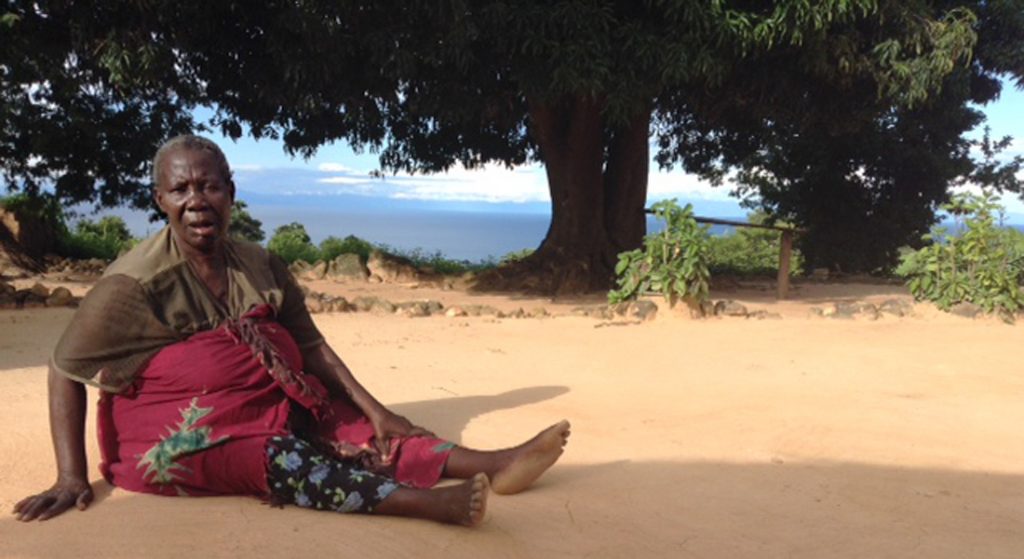With a shift over the past month, my days have begun to consist of more day and even nights staying in the village. Normally on the longer trips I will stay from Monday to Thursday. I do still have my own home in town and would return on the weekend. It’s not been every week but it is more frequent.

I really want to know and understand the daily life, the needs, the challenges that are being faced. I wanted the people to know that I am there to learn and be part of their home. As much as that is possible!
Though it has only been a few weeks so far, I feel I have learned so much more. This past week I spent time visiting various homes of the village headmen. If you wonder who the village headmen are; within each community, you have a chief who is the basic overseer of that place. Below each chief there are allocated village headmen to oversee a smaller area within the larger. These would be your first step of reporting any issues or changes in your neighborhood.
The community I am in has 1 chief and 10 village headmen. Visiting their homes was a great opportunity to get a clearer map of the entire village (it is considered to be around 1200 people. The primary school alone has nearly 400 students…. And 5 teachers if I may add). Not only is the area beginning to come together but hearing each of them share how they understand what I want to be doing and what this looks like for the community. Three main focuses seem to come out during these discussions;
- Elderly (the highest level of bed ridden patients)
- Kids with disability (an extremely high number across much of Malawi)
- Personal awareness (beginning to recognize their own aches and pains but never have understood why)
I was intrigued to put this together. To see the consistent theme of questions and concerns. As each concept was discussed, it seemed to be followed by the same comment. “We never understood what to do before so just ignored it.” The elderly are left lying on a mat or struggling to hop to and fro, the disabilities in kids are just there but without attention and well; those aches you feel after hauling heavy amounts of water and wood long distances are just part of the day.
In the past weeks, the area that has caught me the most is the personal pains and limitations of an individual. At the hospital recently, I have had multiple people come in with sciatica issues. After just a few days of massage and stretching, they were better and going home. There have been others with frozen shoulder similarities (same outcome after short treatment) and when I look at women over 35yrs on a general scale across the region, I have yet to meet one without numbness and tingling in their feet. Each of these problems is limiting their daily life. They are not able to complete their errands or chores which are required for basic survival. As I mentioned the hospital, even some are completely stopped and being admitted over a basic rehabilitation need.
Within Malawi, the physiotherapy diploma program was first brought into the universities in 2012. Before that, there was never a Malawi trained physio nor program available. Being a 4yr program, well, you can do the math and know how still early stages this is for the country. I believe as of this year, there are 76 physios registered in all of Malawi (17million people).
What I see is that when you are dealing with issues like; HIV, tuberculosis, malaria, cholera, etc. the first stream of healthcare takes priority. Setting up hospitals to have the staff to see patients, potentially diagnose and give some medication before sending them home. But what happens to the second level of healthcare? What happens to the physical ailments and limitations? They too receive a packet of Tylenol and are sent on their way. So now they return home but are no longer able to partake in survival. The one with sciatica cannot walk to fetch water or firewood, the one with frozen shoulder can no longer cook (trust me, it takes a great strength to stir the local porridge) or sweep, and the dear elderly with swollen legs or the increased levels of numbness and leg weakness can hardly even walk to the pit toilet.

Her knees were very swollen and it took nearly 3 minutes to walk 10 metres.
So what am I trying to say in all this? The irony I see is a country that 100% relies on physical mobility and strength yet there is little available to create resources nor even awareness to these areas. To be sick and in bed is one thing but to have your health and still bound to bed or home is even more for a Malawian. It’s a contrast to how I grew up understanding or being affected by my ‘survival needs.’
Now as I see more of this reality here and the cry within the people to understand, learn and potentially adjust their daily living patterns or movements. I continue to put first the heart of the bed ridden but my heart sees doors of potential. The question remains; which one shall I open first?

